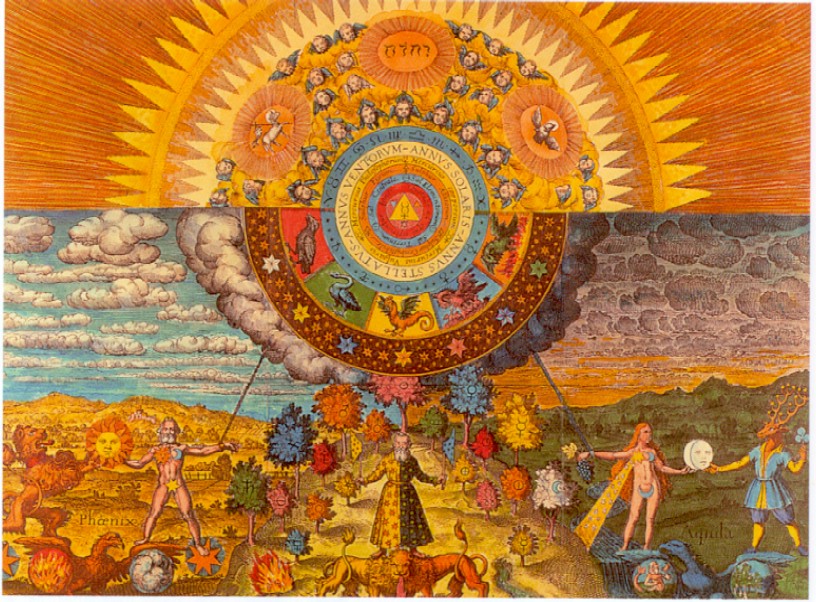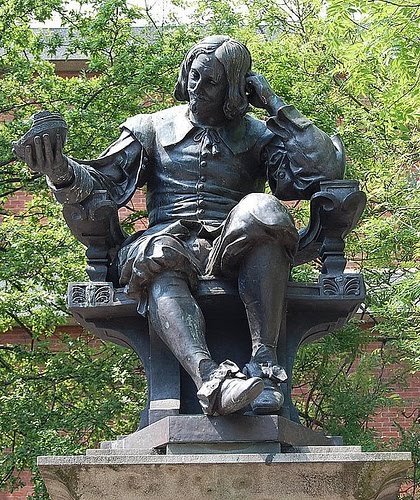Man is very well defended against himself, against his own spying and sieges; usually he is able to make out no more of himself than his outer fortifications. The actual stronghold is inaccessible to him, even invisible, unless friends and enemies turn traitor and lead him there by a secret path. - Friedrich Nietzsche
* * * * * * * * * * * * *
The noblest Digladiation is in the Theatre of our selves: for therein our inward Antagonists, not only like common Gladiators, with ordinary Weapons and down right Blows make at us, but also like Retiary and Laqueary Combatants, with Nets, Frauds, and Entanglements fall upon us. Weapons for such combats are not to be forged at Lipara: Vulcan's Art doth nothing in this internal Militia: wherein not the Armour of Achilles, but the Armature of St. Paul, gives the Glorious day. - Christian Morals Part 1:24
On first consideration, it would appear that the thoughts of the nineteenth century German philosopher Friedrich Nietzsche have little in common with those of the seventeenth century English philosopher Sir Thomas Browne. Both however, were Classical philologists as well as profound, original thinkers. They also shared an awareness of the strong presence of self-deception within human nature. Both philosophers here likening the attainment of self-awareness to an internal battle of military-like combat.
Browne penned Christian Morals late in his life, primarily as an advisio for his children but applicable to humanity in general. The whole work is permeated by many short, perceptive aphorisms upon life. It's interesting to note that in his old age Browne advocates the supremacy of Christian faith over alchemy which was known as Vulcan's Art. His phrase, 'the Theatre of ourselves' in particular, is one of great insight and originality.
Curiously, Nietzsche shared with Browne an interest in the notion of eternal recurrence, that is the idea of Time and History being of a cyclical, repetitive nature. Probably the best novel in modern times which explores the concept of eternal recurrence is P.D. Ouspensky's The Strange tale of Ivan Osokin (1915) a novel written during an age of heightened interest in mystical ideas in Russian history.




































